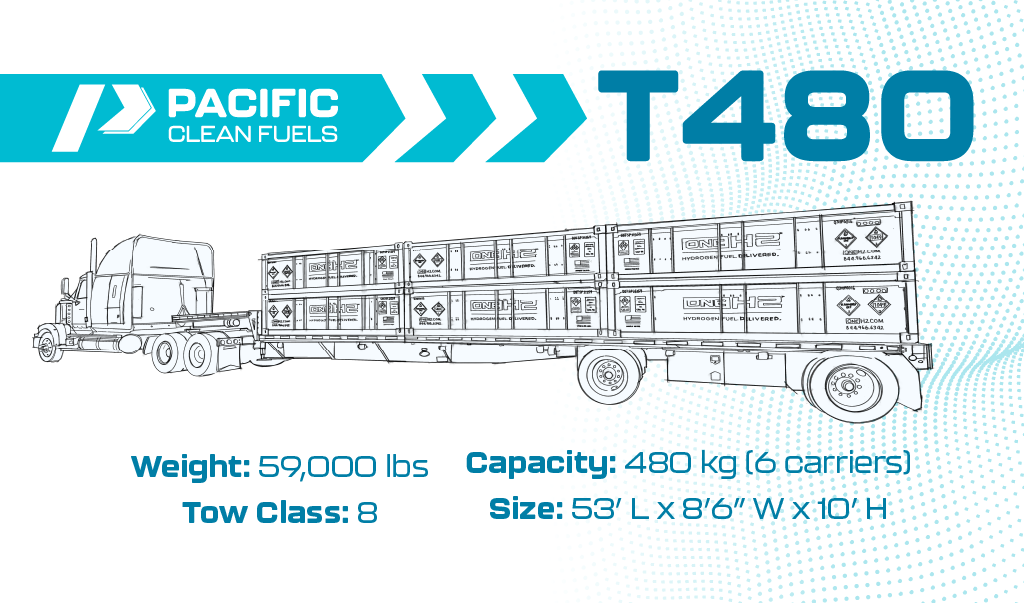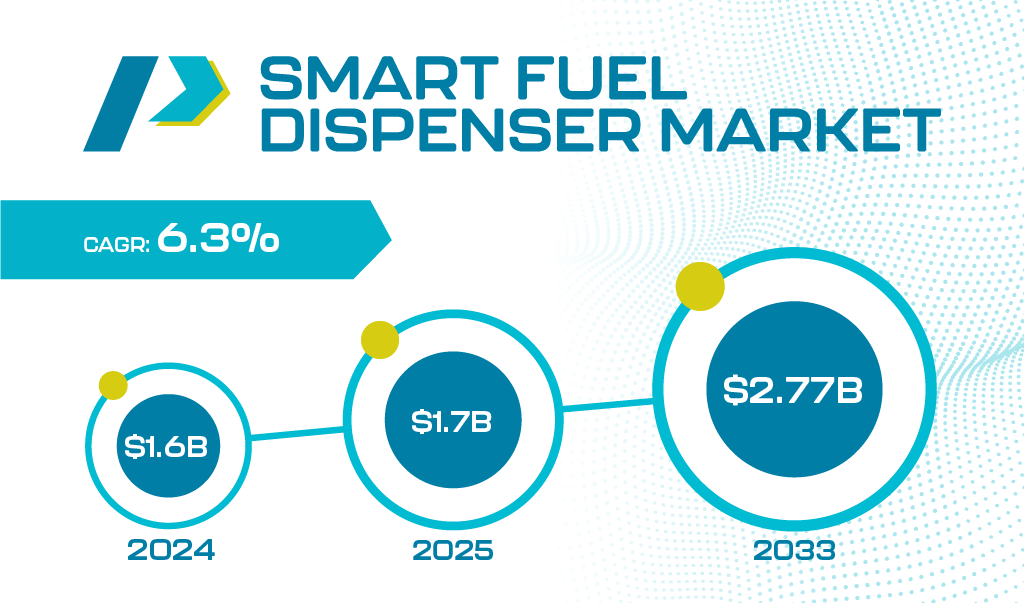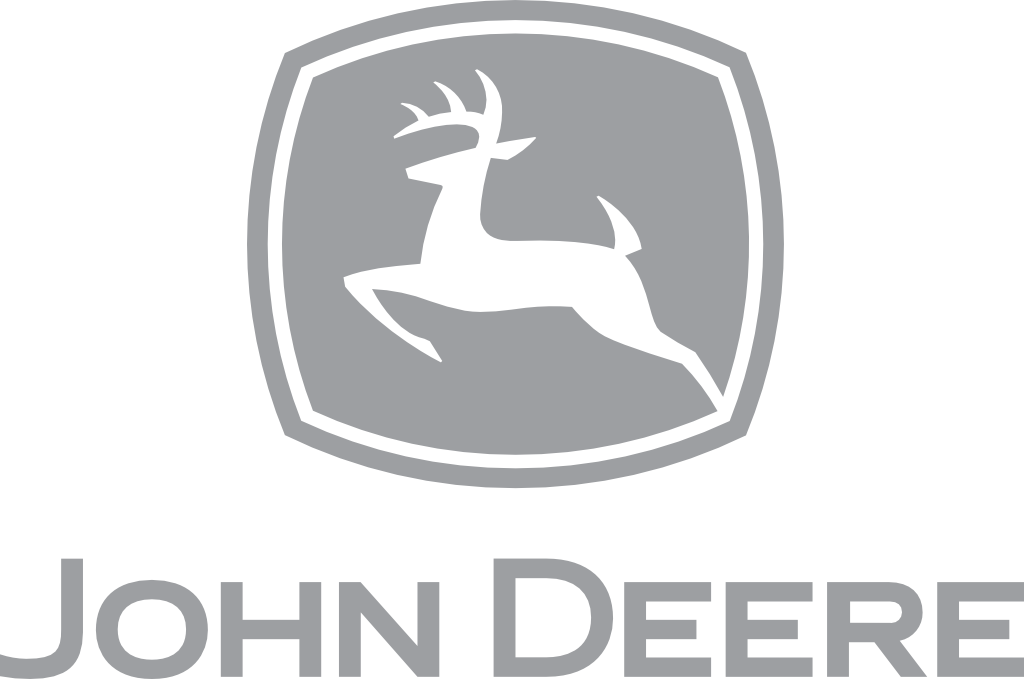Clean fuels are taking center stage in reshaping the energy landscape. Clean hydrogen and other renewables are redefining how we power our vehicles and industrial operations, and they’re driving innovation with the equipment that enables their use.
Advanced fuel infrastructure is critical for enabling widespread clean fuel adoption, particularly in the transportation, logistics, and municipal sectors. This equipment, ranging from smart dispensers and high-efficiency storage tanks to on-site generation and mobile fueling systems, ensures safety, enhances sustainability, and delivers practical functionality to fleets and facilities transitioning away from fossil fuels.
Key Equipment Categories Driving Clean Fuel Adoption
The following categories highlight the essential technologies enabling safe, scalable, and efficient use of clean fuels across industries.
1. Fuel Delivery Trailers
Many organizations, especially those in construction, agriculture, logistics, and municipal services, need portable clean fuel solutions that can go wherever their operations take them. That’s where Pacific Clean Fuels stands out.
For clients operating in remote or temporary locations, Pacific Clean Fuels offers fuel delivery trailers: self-contained fueling stations on wheels. These units are ideal for temporary construction projects, seasonal agricultural operations, or events where traditional fueling infrastructure isn’t feasible.

Download more information about Fuel Delivery as a Service.
2. Mobile Fuelers
Pacific Clean Fuels is advancing California’s clean energy future by deploying OneH2 mobile hydrogen fuelers, bringing zero-emission fuel directly to vehicles and worksites. Using OneH2’s 930-bar high-pressure tech, hydrogen will be safely distributed along the I-5 corridor, supporting a flexible, infrastructure-light fueling model for transportation and industry.
Key Features
- Flexible Refueling: Portable, modular, and dispenser-compatible
- Advanced Safety: Flame/gas detectors, remote E-stops, alarms
- Full Support: Training, maintenance, and infrastructure guidance
M240 Mid-Size Mobile Fueler: Versatile Performance Meets Practical Design
Engineered for flexibility across diverse environments, the M240 is compatible with both 350 and 700 bar hydrogen dispensers, ensuring seamless integration into existing fueling infrastructures. With a net usable hydrogen capacity of 160 kg, it offers an optimal blend of payload capability and maneuverability. Whether powering warehouse equipment or supporting light-duty transportation fleets, the M240 delivers reliable performance where it’s needed most.
Features
- Capacity: 160 kg net usable hydrogen per load
- Compatible with 350/700 bar dispensers
- 240kg gross of compressed hydrogen at 930 bar pressure (13,500 psi)
- Tow Class: 8
- ISO27001 and SOC2 compliant
- Supports 4G/5G telemetry option with online access
- Supports 100+ refueling events for a typical fuel cell forklift, 30 passenger vehicles or multiple class 8 truck refuels
M400 All-in-One Mobile Fueler: Heavy-Duty Hydrogen Refueling, Simplified
The M400 is engineered as a complete hydrogen refueling solution for high-demand fleets, built to deliver maximum fueling capacity in a single trip. Designed with operator safety in mind, each trailer features integrated hydrogen gas detectors, emergency stop systems, and SAE J2600-compliant nozzles. The M400 brings both volume and reliability to refueling operations for fleets, including buses, trucks, and industrial vehicles.
Features
- Capacity: 280 kg net usable hydrogen per load
- Compatible with 350/700 bar dispensers
- 400kg gross of compressed hydrogen at 930 bar pressure (13,500 psi)
- Premium Multi-Layer Safety System
- Tow Class: 8
- ISO27001 and SOC2 compliant
- Supports 4G/5G telemetry option with online access
- Supports 200+ refueling events for a typical fuel cell forklift, 60 passenger vehicles or 10 class 8 tractor refuels.
T480 High-Capacity Trailer: Maximum Capacity, Modular Flexibility
The T480 stands as OneH2’s most powerful trailer to date, built for high-volume hydrogen transport. With six modular carriers, it can haul up to 480 kg of hydrogen, making it an ideal match for the H400 generator. Designed specifically for Class 8 tow vehicles, the T480 delivers the muscle and efficiency necessary to support large-scale fleet refueling with ease and efficiency.
Features
- Capacity: 315 kg net usable hydrogen per load
- Size: 53’ L x 8’6” W x 10’ H
- Weight: 59,000 lbs
- 480kg gross of compressed hydrogen at 930 bar pressure (13,500 psi)
- Low profile step deck trailer with 5th wheel coupling, dual axles, carrying 6 930 bar 3-pack carriers
- Tow Class: 8
- No on-site compression needed
- ISO27001 and SOC2 compliant
- Supports 4G/5G telemetry option with online access
- Supports 60+ refueling events for passenger cars, or up to 10 refueling events for a class 8
- Fully integrated Command & Control System
Download more information about OneH2 mobile fuelers.
3. Pop-Up Fueling Centers
To bridge the gap between permanent infrastructure and jobsite delivery, Pacific Clean Fuels also deploys pop-up fueling centers. These modular systems can be installed in days, not weeks, months, or years. Perfect for pilot projects, seasonal expansions, and areas with underdeveloped hydrogen fueling infrastructure.
Key benefits:
- Fast Market Expansion: Get fuel where it’s in-demand without waiting for permanent infrastructure.
- Lower Investment Risk: Avoid the high capital expenditures required for permanent stations.
- Future Fueling Capabilities: Pilot your hydrogen transition before committing to full infrastructure.
- Remote and Special Operation Compatibility: Ideal for remote worksites, logistics hubs, and short-term fueling needs.
4. Advanced Fuel Dispensers
Clean fuel dispensers have come a long way from their fossil fuel predecessors. Today’s units are engineered for multi-fuel versatility, digital connectivity, and precise control. Fuel dispensers for hydrogen, renewable diesel, biodiesel, and CNG must handle vastly different flow rates, pressures, and safety requirements compared to traditional fuels.

According to a report by Global Growth Insights, the global smart fuel dispenser market is projected to grow at a CAGR of 6.3%, reaching $1.7 billion this year. This growth has been driven in part by the demand for low-emission fueling solutions and intelligent control systems for fleet and retail applications.
Features include:
- Touchscreen interfaces with fuel analytics
- Remote diagnostics and maintenance alerts
- Compatibility with clean fuels like hydrogen, RNG, and biodiesel
- Cloud-connected fuel management systems for fleets
5. On-Site Fuel Generation and Dispensing Systems
On-site, small-scale hydrogen generation and CNG compression systems are becoming increasingly viable, particularly for municipal and logistics fleets looking to temper fuel costs and reduce supply-chain emissions. Companies like Pacific Clean Fuels and OneH2 are advancing electrolyzer and reformer technologies that can be deployed directly at fleet yards and fueling hubs.
OneH2, for instance, provides mobile and stationary hydrogen generation and dispensing solutions designed to be installed and scaled with fleet operations. These systems typically include:
- Electrolyzers or reformers for hydrogen production
- High-pressure storage and compression units
- Integrated dispensers with safety interlocks
How Equipment Design Enhances Efficiency and Sustainability
Innovative design is not just about compliance, it’s about enabling a smarter energy future. As fuel types diversify, the physical equipment that delivers them must keep pace. Clean fuel infrastructure innovations focus on a few key areas, which we’ll cover below.
1. Modular Systems
Fueling infrastructure now favors modular components that allow for easier upgrades and scalability. For example, a hydrogen station may begin with a single dispenser and expand to multiple bays as demand grows.
This approach reduces upfront capital expenditures and enables adaptation to future fuels.
2. Renewable-Powered Systems
The convergence of renewable electricity and clean fuel infrastructure is one of the most promising developments in the industry. Electrolyzers for hydrogen production are increasingly powered by solar or wind energy, resulting in “green hydrogen” with near-zero lifecycle emissions.
According to the International Energy Agency (IEA), green hydrogen could supply up to 10% of global energy needs by 2050 if supported by adequate infrastructure and clean electricity.
3. Materials Innovation
Advanced coatings and composites improve durability and fuel compatibility. For instance, hydrogen embrittlement poses a risk to metal components, requiring the use of specialized alloys and linings.
Similarly, biodiesel can degrade certain rubber or plastic components in traditional storage systems. New seals, gaskets, and pipes are being developed to overcome these challenges and extend equipment life.
The Road Ahead: Infrastructure as the Catalyst
The clean fuel revolution cannot come to fruition without the supporting infrastructure. But while fuel innovations often get the spotlight, it’s the less visible systems like pumps, tanks, trailers, and compressors that make them usable at scale. Investment in equipment not only enables adoption, it safeguards it.
Federal and state incentives, like California’s Low Carbon Fuel Standard (LCFS) help offset the costs of upgrading infrastructure. Meanwhile, the Bipartisan Infrastructure Law (BIL) has earmarked $7.5 billion for EV charging stations and $9.5 billion for clean hydrogen development in the U.S.
Companies, municipalities, and fleet operators that act now to modernize their equipment will be better positioned to:
- Meet emissions targets
- Lower total cost of ownership (TCO)
- Access incentive programs
- Gain a competitive advantage
Conclusion
Clean fuel adoption is about so much more than simply switching to a new type of energy. It’s about building the systems that make it practical, scalable, and sustainable. From dispensers and tanks to mobile solutions and on-site generation, equipment innovations are leading the charge.
At Pacific Clean Fuels, we help clients make the clean energy transition with solutions that meet today’s demands and tomorrow’s potential. Whether you need a mobile fueler on-site or a pop-up fueling center for a seasonal operation, our team is ready to deliver.
Ready to fuel your future? Contact us today to learn how our equipment solutions can accelerate your clean energy goals.




